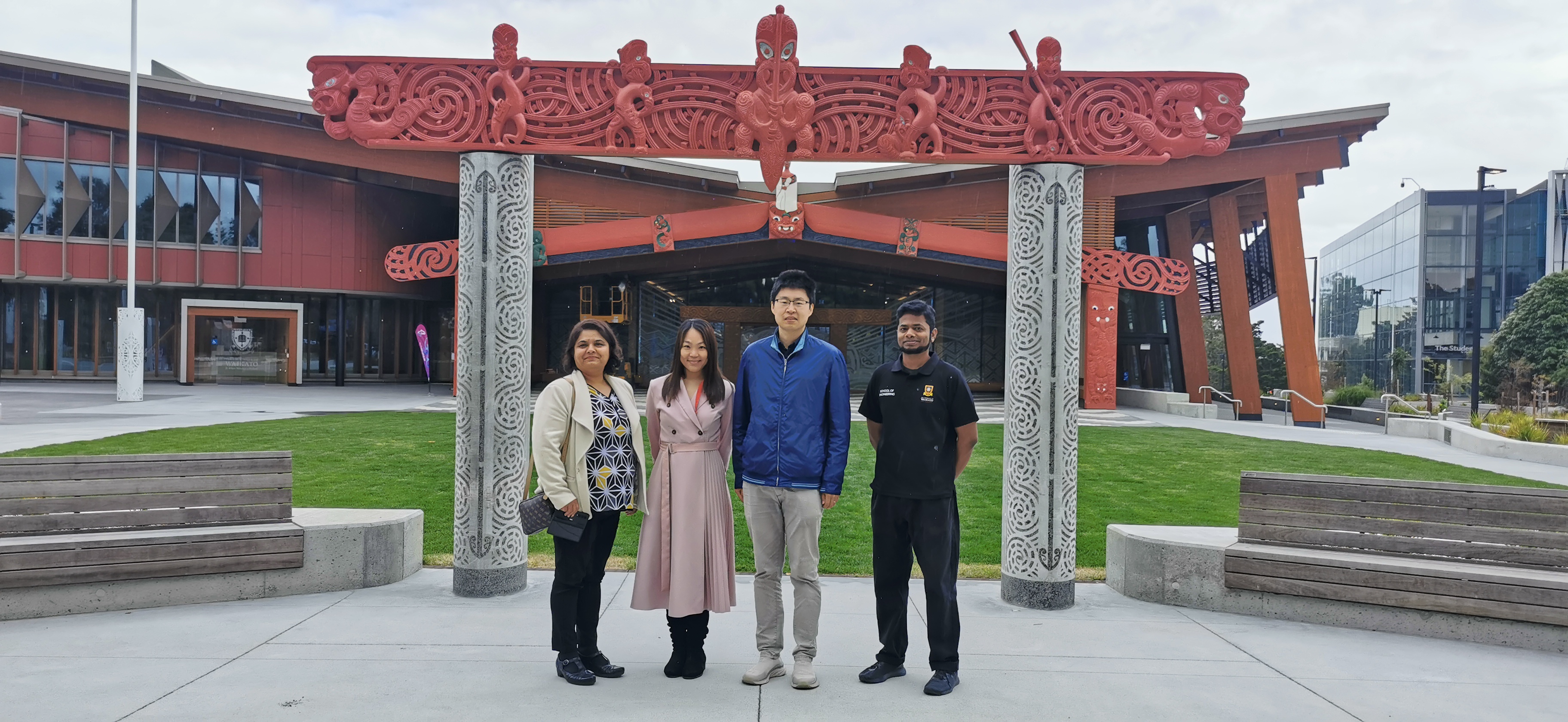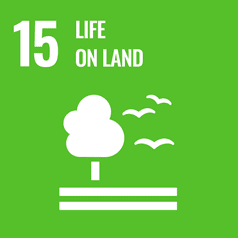Harnessing Advanced Technology for Farming

The project to develop a AI-based system that collects and analyses agricultural data on plant and soil health will help farmers make informed decisions that can maximise yield and financial return.
“The aim is to use AI to organise and report on data, and provide recommendations in real-time, rather than send raw information to a centralized server and wait for a response,” says Dr. Harish Devaraj. “The data will also be secure and only accessible to the farm owner.”
Engaging with Farmers
“We’re leveraging existing technologies to make them accessible to farmers with limited resources,” says Dr. Devaraj. “The solutions are already out there, but our challenge is to apply them effectively to places that lack high-end infrastructure.”
The project also involves using drones to take photographs as an additional source of information. “If we identify an issue in a particular area, the drone can swoop in with a hyperspectral camera to take images that pinpoint what the problem is,” says Dr. Shaleeza Sohail.
As the project progresses, the researchers are keen to test and refine the technology on farms.
“We have farmers who are eager to collaborate with us,” says Dr. Sohail, highlighting a partnership with a food industry group that practices vertical farming—a system of cultivating crops in stacked layers instead of a single surface like a field.
 Implementing IoT and Automation
Implementing IoT and Automation
The team is developing an Internet of Things (IoT) system to connect various devices and optimise agricultural processes. “The IoT means data collected can be transferred to any device connected to the internet, so instead of physically inspecting every plant, farmers can use IoT devices to automate that process,” explains Dr. Sohail.
“For example, if a sensor detects that a particular plant needs more nitrogen, it can automatically alert the drone to apply nutrients and we are also exploring how ground robots can be used to perform various tasks, including watering and monitoring crops," she adds.
The goal is to create a cohesive network of devices that work together and this level of automation represents a significant leap forward in agricultural efficiency.
Financial Implications for Farmers
The project is promising to make a positive economic impact on farmers. “Farmers are looking to save every cent they can,” says Dr. Sohail. “Even small savings in farming can accumulate into substantial benefits over time.”
“By optimising farming practices, we can help farmers increase their yields and ultimately their profits,” says Dr. Sohail. “This not only benefits individual farmers but can have a positive ripple effect on local economies.”
Looking Ahead
The researchers are focused on scaling their solutions. “We need more partners to join us, and we need to demonstrate that our devices are ready for the market,” says Dr. Sohail. Collaborating with institutions like Cardiff University in the UK and the University of Chicago has opened new avenues for development.
Ultimately, this initiative stands as a testament to the potential of technology to transform agriculture.
